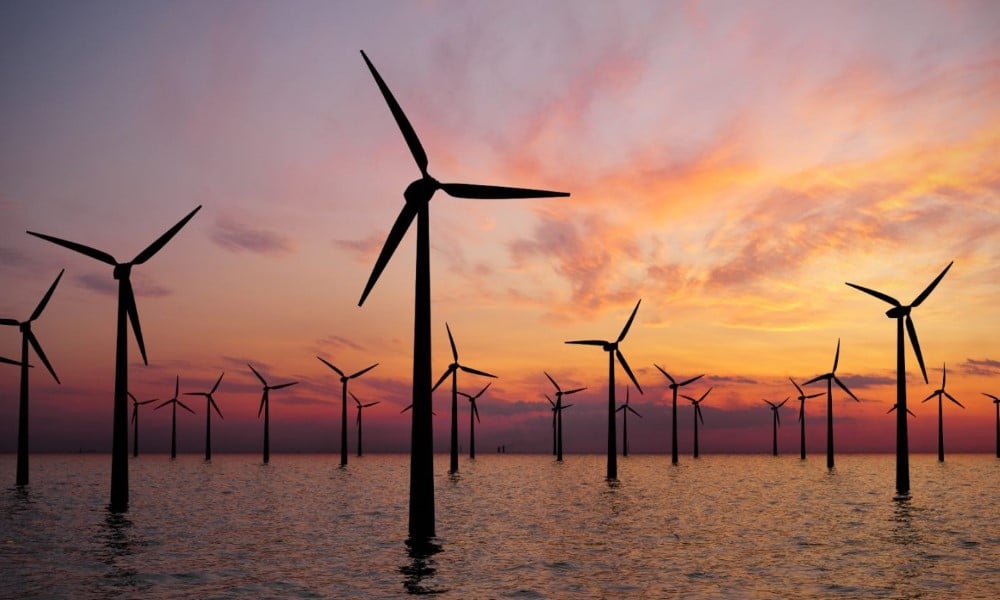Dutch Offshore Wind Tender Receives No Bids Amid Rising Costs

In a concerning development for renewable energy in the Netherlands, the recent tender for the 1GW Nederwiek 1-A offshore wind site has attracted no bids from developers. The site, located 95 kilometers off the coast of Texel and covering approximately 150 square kilometers, was previously scaled back from 2GW to mitigate investment risks. The Netherlands Enterprise Agency (RVO) indicated that this outcome was anticipated due to escalating costs and a decline in electricity demand.
Challenges Facing Wind Farm Developers
The absence of bids for the Nederwiek 1-A site reflects broader challenges within the Dutch renewable energy sector. The RVO attributed the lack of interest to several factors, primarily the increasing costs associated with wind farm development and a weakened demand for electricity. This situation has made it difficult for developers to secure long-term electricity contracts prior to construction, diminishing their incentive to invest in new projects.
Officials from the Ministry of Climate Policy and Green Growth had already expressed concerns that the current market conditions could lead to a lack of applications. The RVO’s acknowledgment of these challenges underscores the complexities facing the industry. To address these issues, the agency has announced plans to launch a new tender round in the coming year, aiming to allocate 2 GW of capacity with the support of subsidies.
To facilitate this new initiative, the Dutch government has earmarked €948 million (approximately $1.09 billion) from the Climate Fund. This financial commitment highlights the authorities’ determination to stimulate investment in the wind sector, despite the current hurdles. The upcoming tender round will be critical in reshaping the landscape of offshore wind energy in the Netherlands, as stakeholders seek to rejuvenate interest and participation in this vital sector.
Future Prospects for Offshore Wind Energy
Despite the recent setback with no bids, the Dutch government remains committed to advancing offshore wind energy projects. The planned tender next year represents a significant opportunity to attract investment and participation from developers who may have been deterred by the current economic climate. By providing subsidies, the government aims to reduce the financial burden on companies and incentivize the construction of new wind farms.
The RVO has emphasized that the sustainability of the Dutch industry must improve for developers to feel confident in making long-term investments. Addressing the concerns around electricity contracts and market volatility will be essential in fostering a more robust environment for renewable energy projects. As the Netherlands continues to pursue its green energy goals, the success of the upcoming tender will be a pivotal moment for the offshore wind industry.
